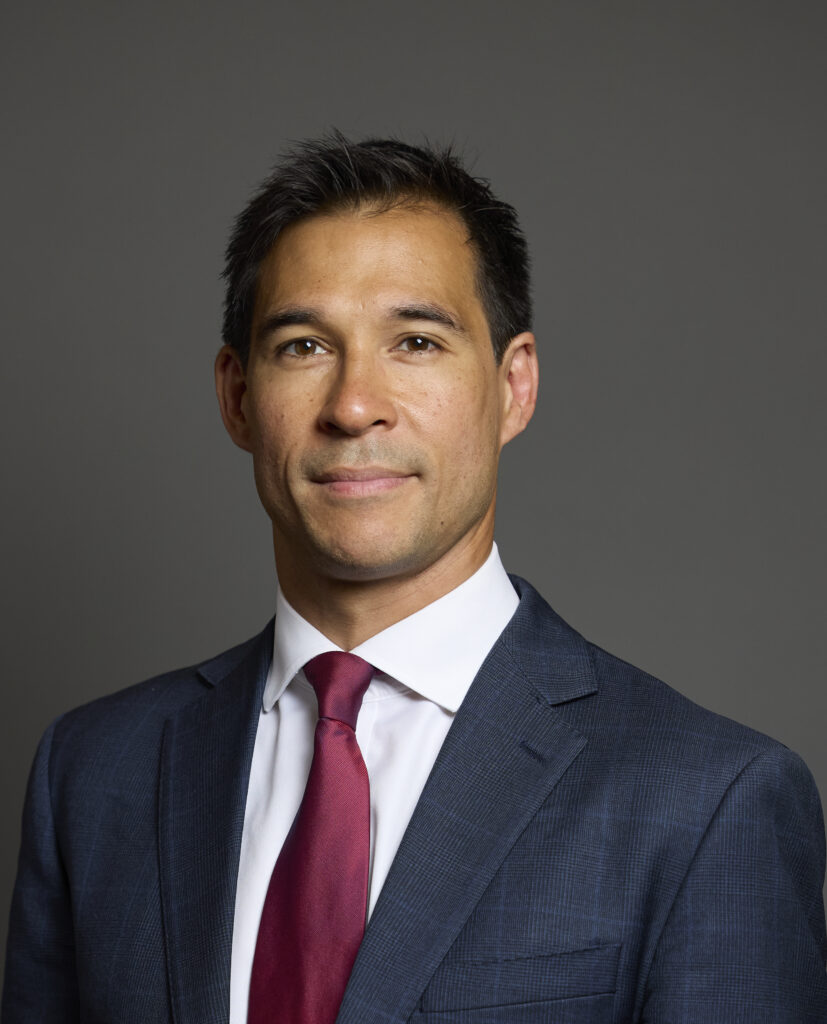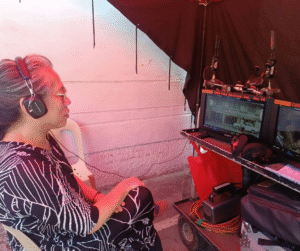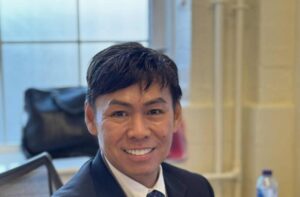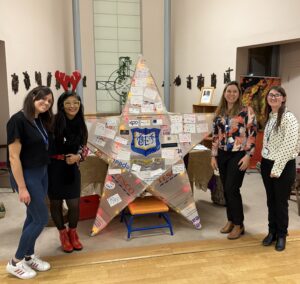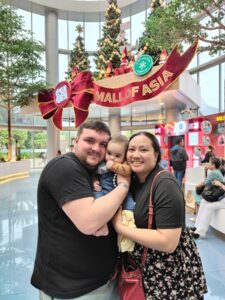Liezel Longboan
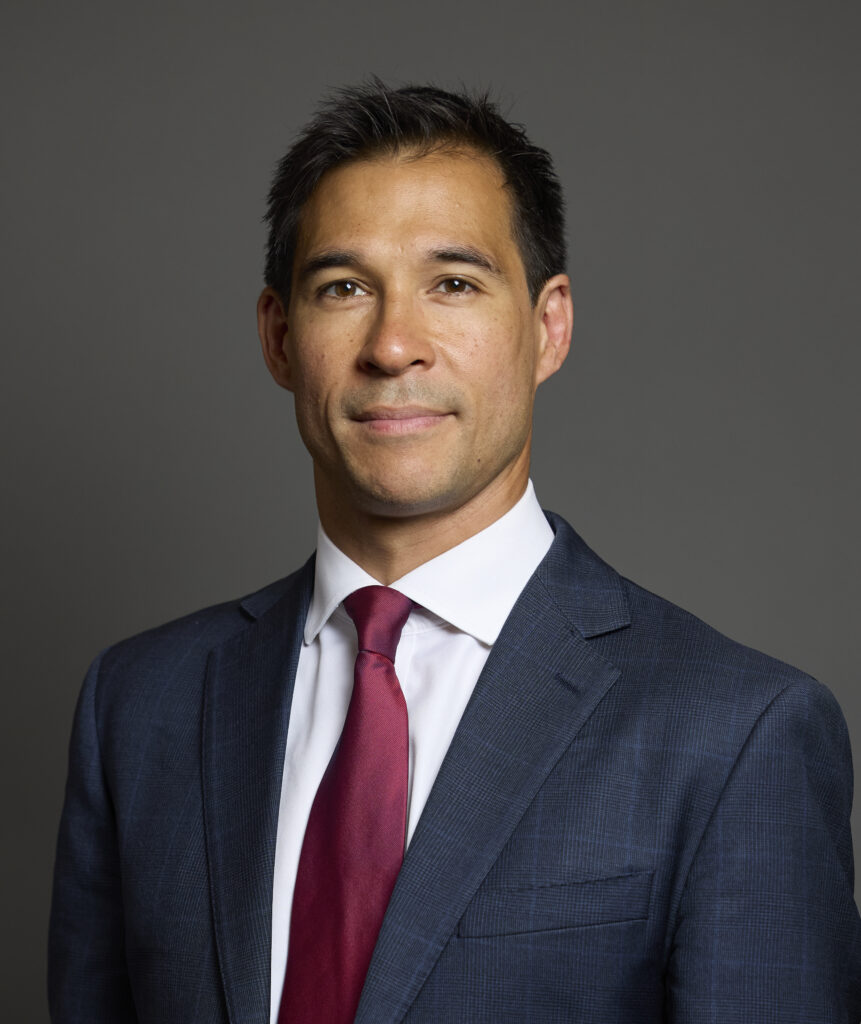
When Tony Vaughan stepped into Parliament on 16th July, he became the first Labour member of parliament (MP) for Folkestone and Hythe, a beautiful coastal town in Southeast England, in 74 years.
A seasoned lawyer and the son of a Filipino immigrant mother, he is also the first MP of Filipino heritage in the UK. With a law degree from St Catherine’s College at Cambridge and a master of laws degree at the School of Oriental and African Studies (SOAS), Tony’s journey to Westminster has been a whirlwind.
“One day, I was just a regular person, and the next, I was a candidate. Six weeks later, I was an MP,” he recalls with a mix of awe and humility.
Anthony “Tony” Vaughan, talks about his work as a new MP and how his Filipino heritage has shaped his career and politics.
As the UK’s first Filipino-British legislator, Tony’s election is both historic and symbolic of the diversity in modern British society. His resolve to be a bridge between his heritage and his duties as a British MP points to a growing awareness among people with East and Southeast Asian roots to be more visible in all aspects of British life, including politics. He joins Sarah Owen (Labour), the first female MP of Chinese/Southeast descent, and Yuan Yang (Labour), the first MP of Earley and Woodley and the first Chinese-born MP in the UK.
His new role has come with challenges, from the intricate protocols of Parliament to establishing a local office. But one thing is certain, his trajectory has been driven by a deep-seated belief in justice and change.
On his heritage, work and politics
“I’ve been a lawyer for about 17 years, representing people from all kinds of backgrounds,” Tony shares. “What I often found was that sometimes you can solve the problem for an individual, but you can’t solve the underlying issue, which really needs a change in the law or a change in policy. That’s where my interest in politics really took hold.” Tony’s transition from the courtroom to the House of Commons is a testament to a desire not just to defend the individual but to challenge and reshape the systems impacting them.
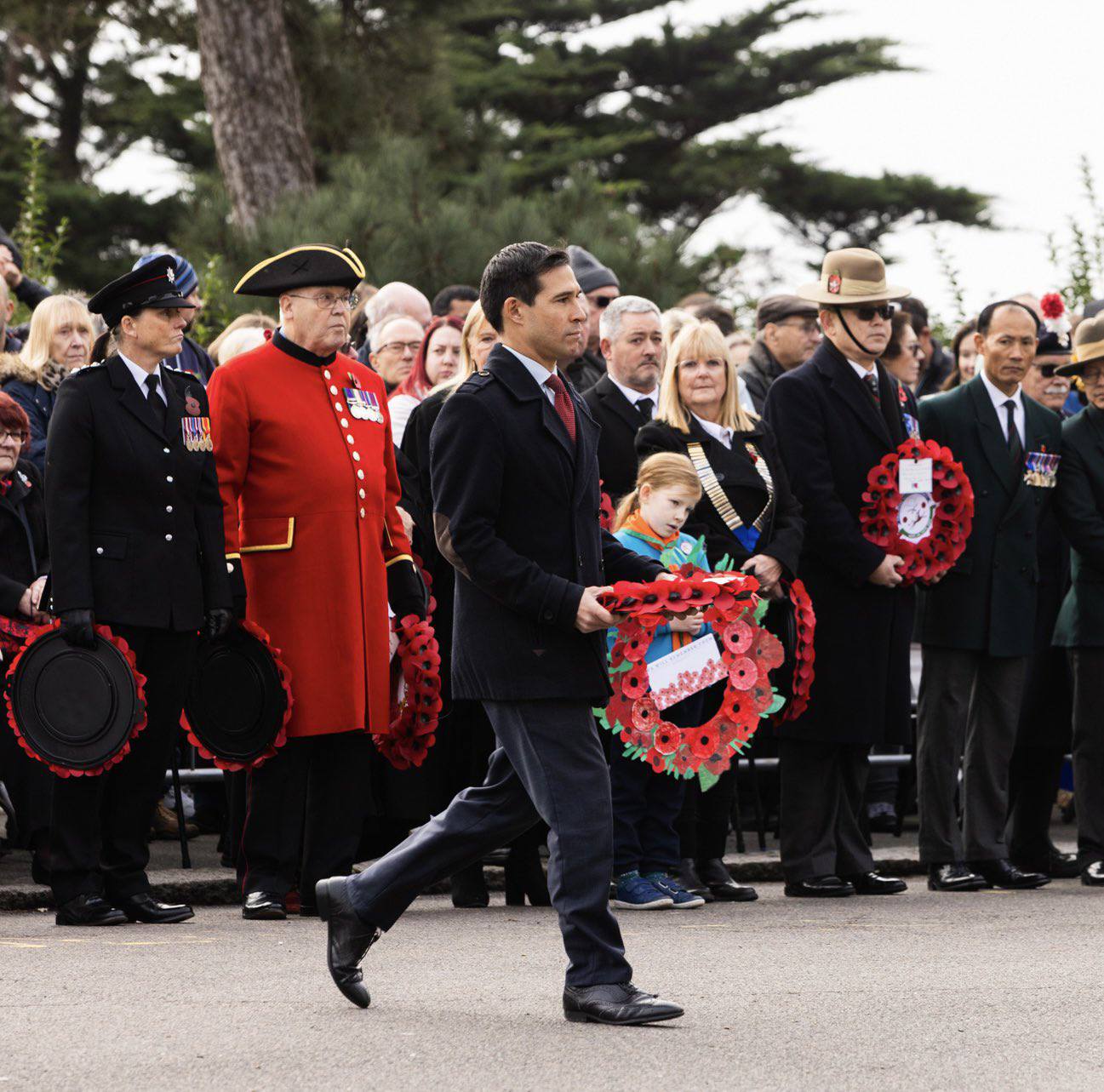
Has his Filipino heritage shaped his politics in any way? Although he was born in England, Tony speaks of the Philippines’ colonial history and acknowledges that his Filipino heritage and complex cultural experiences have partly shaped his politics. Growing up as the child of a Filipino healthcare worker, he grappled with questions of identity and belonging.
“The Philippines was colonised for hundreds of years, first by the Spanish, then by the Americans. I’ve tried to understand that history and how it has influenced who I am today. Filipinos, culturally, can be quite deferential, which, I think, comes from centuries of being told that the coloniser is best…and your own culture and your own views are not as important.”
Priorities as an MP for Folkestone
Tony stresses that he is first and foremost an MP for Folkestone and Hythe and that his priority is to look after the people of his constituency. One of his current initiatives is the re-opening of the Folkestone Sports Centre which closed in July. As part of a campaign group, they successfully applied for the sports centre to be declared an asset of community value (ACV) by the council. This means that community groups can now prevent the sports centre from being sold to private owners.
He is also focusing on environmental issues, particularly sewage pollution, which has affected the beaches of Folkestone, Sandgate, and Hythe.
Tony supports the Employment Rights Bill, which will help more people stay in work, boost living standards, and grow the economy. In Parliament, he has been appointed to the Petitions Committee, where legislators lead debates on petitions of particular public interest. His first debate for the Committee will be on leave to remain for healthcare workers on the 18th November 2024 at 4.30pm.
Representing the marginalised
Tony says that growing up, and even now as an adult, he has wrestled with the tension between being true to oneself and conforming to broader societal expectations.
His nuanced awareness of his heritage gives him a unique perspective on his political role. “Filipinos have often been the underdogs,” he says. “I think that history fuels my drive to push back and reclaim some of that power, not just for me but for others who feel sidelined.” Perhaps it’s no coincidence that he was a human rights lawyer before moving into politics.
Tony is candid about the steep learning curve that followed his rapid rise, acknowledging the need to learn everything from parliamentary procedures to the physical demands of the role. “But I’m enjoying it and am looking forward to truly serving my constituents,” he says.
A message for Filipinos
As he navigates his new role, he has a clear message to fellow Filipinos: “Work hard, because hard work pays off.” He emphasises the value his mother instilled in him from a young age. “Being valued by other people and being kind of indispensable in some ways helps you…It’s a rule which you can’t go wrong about.”
For Tony, being in politics is more than a job. It’s a calling to serve and uplift those who share his journey and his vision for a more inclusive Britain.

